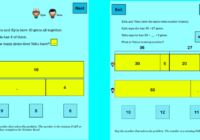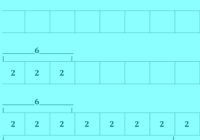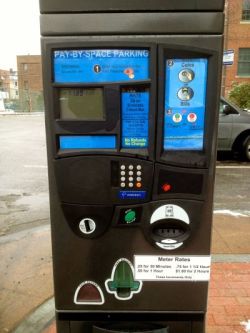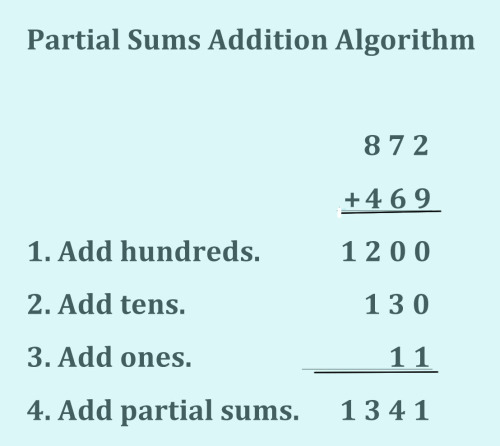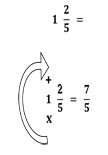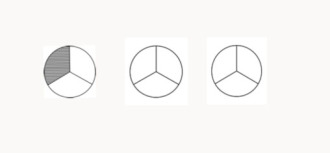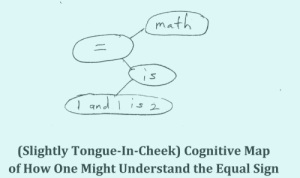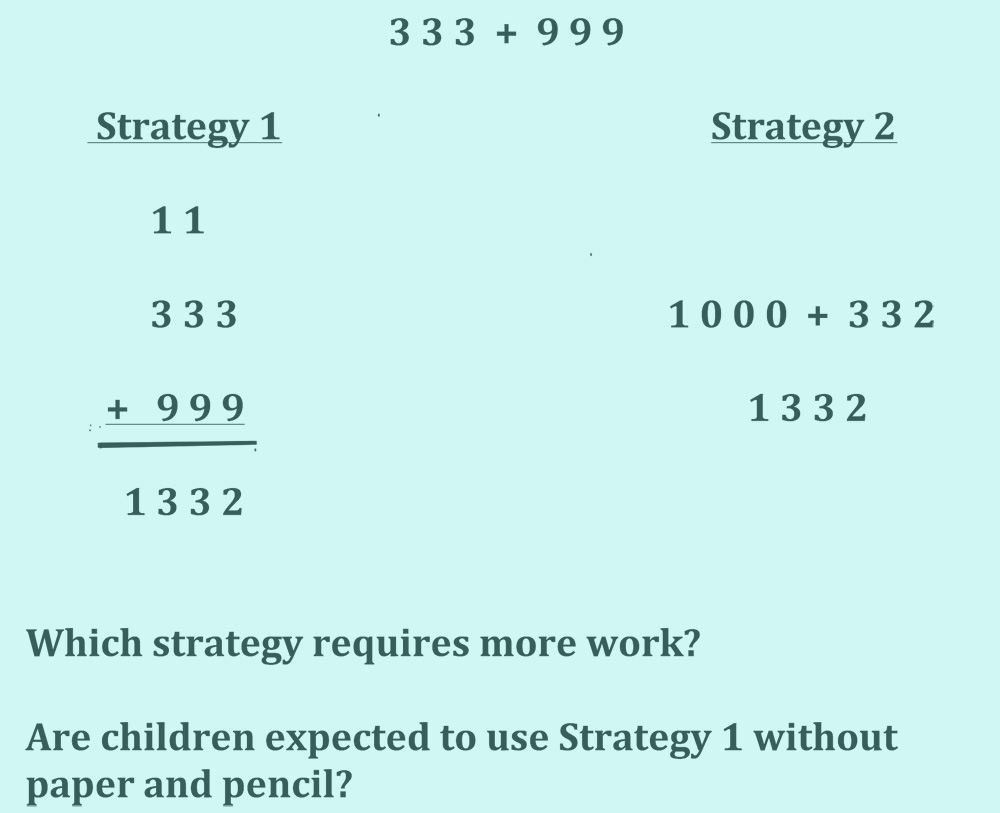Look at the Details to Recognize Better Educational Design
How often are better educational materials and methods used in schools?. Look behind advertisements, accepted wisdom, and even credentials of expertise to take a long, hard look at the nitty-gritty details — the nuts and bolts* — of what happens in lessons and how well all children are learning. This website shows examples of what… Read More »
